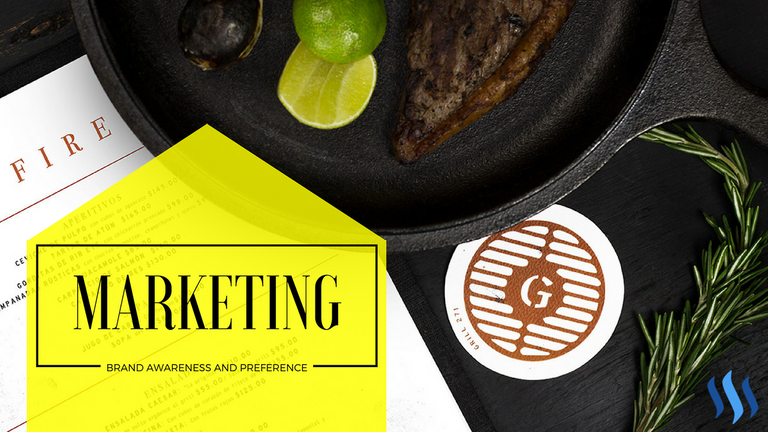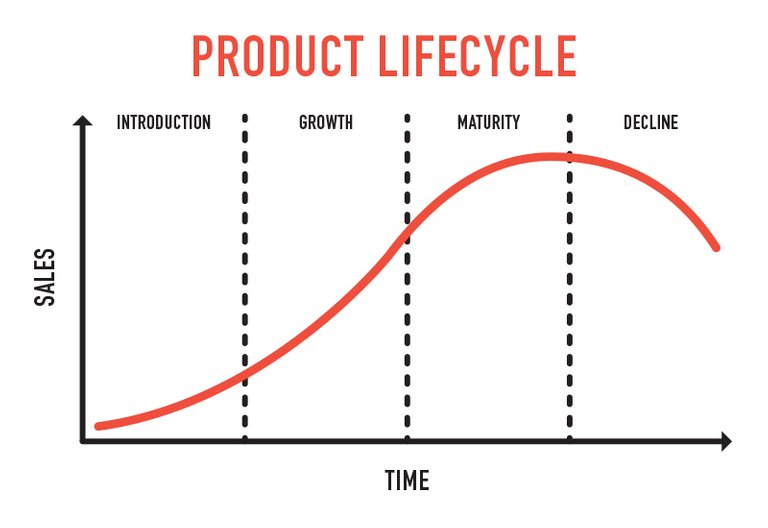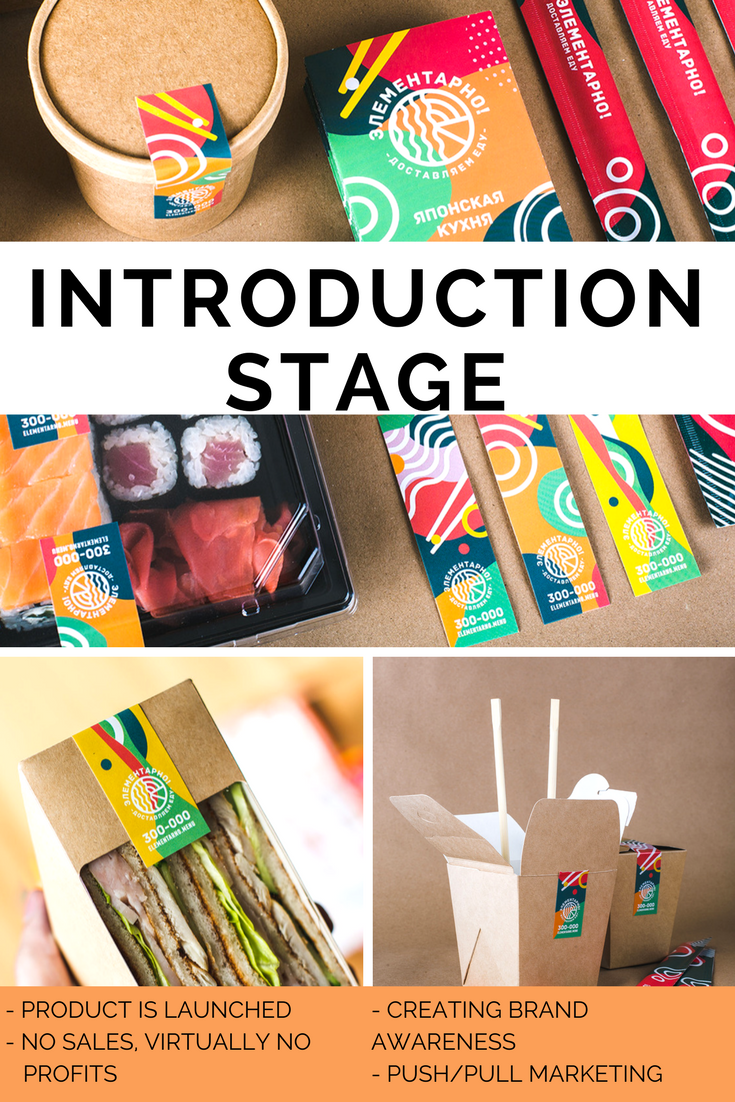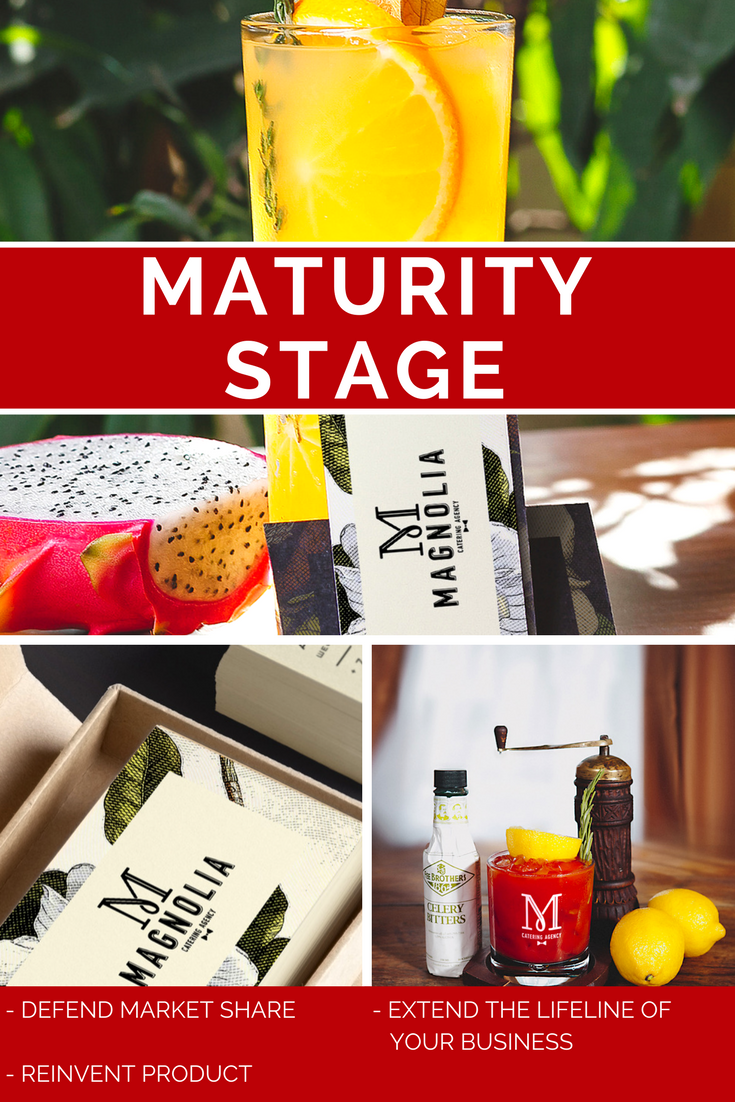Are you a business owner? Or are you thinking of starting one? Whether it is product that you are making; bottled health juices, packaged baby food, your family's special homemade pepper sauce, your very own homemade ice cream or simply back shipping (selling products that other people have made). Or are opening a store or a restaurant. Maybe you are offering a service; travelling agency, mechanic, painter, home decorator, wedding planner or catering. Whatever your business idea is, you have to rise above your competition and make as much profits as you can in a very competitive and saturated market; and to do so, you need people to know your brand (Brand Awareness), choose your product or service over your competitors’ (Brand Preference. Customer loyalty?) and see value in your products/service, so much so, that the consumers would be willing to spend money for it.


BRAND AWARENESS AND PREFERENCE
When planning your brand awareness and brand preference strategy, it is important to know the life stage of your business, product(s) or service. The Product Life Cycle basically shows the sale levels of a product at certain “life” stages.
The concept is similar to that of a biological one, or somewhat like gardening, whereby, you first plant the seeds (Introduction Stage), roots then shoot out and the plant begins to grow (Growth Stage), leaves begin to sprout and fruit begins to bear (Maturity Stage), and when the tree can no longer produce fruit, or can no longer leaf, it dies out (Decline Stage).

Now I am going to show you how to create and build brand awareness and brand preference at each stage
INTRODUCTION STAGE
Introduction phase is any new business in the market. Main concern is launching the product; do not expect to see a high ROI (Returns on Investment) just yet as sales grow slowly (if you're not one of the lucky ones). This is the part where a lot of your marketing efforts go because you are trying to create awareness of your brand. AT THE INTRODUCTION PHASE, CREATING BRAND AWARENESS IS IMPORTANT. So educating potential customers is crucial. Potential customers can either be retailers or direct consumers or both.
Let’s say you are producing Bottled Health Juices or any packaged good, clothing, accessories or household accessories for that matter, and you wish to have your product in stores, supermarkets or convenience stores. You would engage in something that we call Push/Pull Marketing. Push and Pull Marketing, in simple terms, is where you are trying to get retailers to stock your product (push) and attract consumers to the product (pull).
Tips you can use to create Brand Awareness using the push and pull strategy.
Pull strategy: Advertise! Advertise! Advertise!
- Use social media as an advertising platform
- Be informative and entertaining; inform them about the benefits in a clever way
- Engage in sale promotions and customer relationship management.
Push strategy:
- Do a market research or show the retailers sales that you have made: to convince them that people do want your product/service, and that they'll be a fool not to take this opportunity to have your product on their shelves.
Tradeshows and showrooms:
Are also great for those of you who are offering services, like wedding/party planning or catering/baking; this can be a great time to show your work, give out samples, brochures, hire a professional photographer and set up a photo gallery at your booth, and just bring awareness to your brand.
Tip: It is advisable to hire a professional web designer and photographer to set up a website for your business. Do not look sloppy!
Remember to be creative!

GROWTH STAGE
An attractive market attracts new competitors.
So, at this stage it is important that you put efforts towards building Brand Awareness and Brand Preference. You need to differentiate your product/service from the rest, and become a force in your market niche, whether you want to compete on price, quality or value. When marketing your product, hint to what makes it better than your competitors’.
Engage is persuasive advertising; you want to convince your audience that your product/service is better on price/quality/value.

MATURITY STAGE
Sales begin to increase slowly. This may be due to the intensity or strength of your competitors or that your buzz is starting to fade and a better substitute has now entered the market. You should be focusing on defending market share while maximizing profit.
This is also where a lot of your advertising efforts and expenditure would go. You can consider to:
Engage in competitive pricing.
Reinvent your product/service/business,
Add more features/more products or options to your line; add in-store displays if your product is in supermarkets or convenience stores.
This is to sort of extend the lifeline of your business, and prevent it from getting dull. Always keep it fresh!

DECLINE STAGE
Sales are the lowest. Your product may be still on the shelf if you have some loyal clients or people that prefer your brand over the others (Brand Preference). In the decline phase, you still have many options, you can choose to revitalize your faded brand, reduce cost to maintain profits, re-position, sell to other firms or discontinue.
Obviously not all businesses are the same or experience the same successes!
Some companies are fortunate enough to have a long growth and maturity phase that span the course of 15+ years, and some are even more fortunate to not experience a decline phase at all.

Good Luck to all you future and current business owners!
Thanks for reading!
I hope this post was helpful.
If you like these type of contents, then stay tuned soon I'll be posting more Business and Marketing advice.
Feel free to make suggestions or ask any questions. Don't be shy!

Source: Kotler, Phillip, Marketing Management, 6th ed. (Upper Saddle River, NJ: Prentice Hall, 1998).



